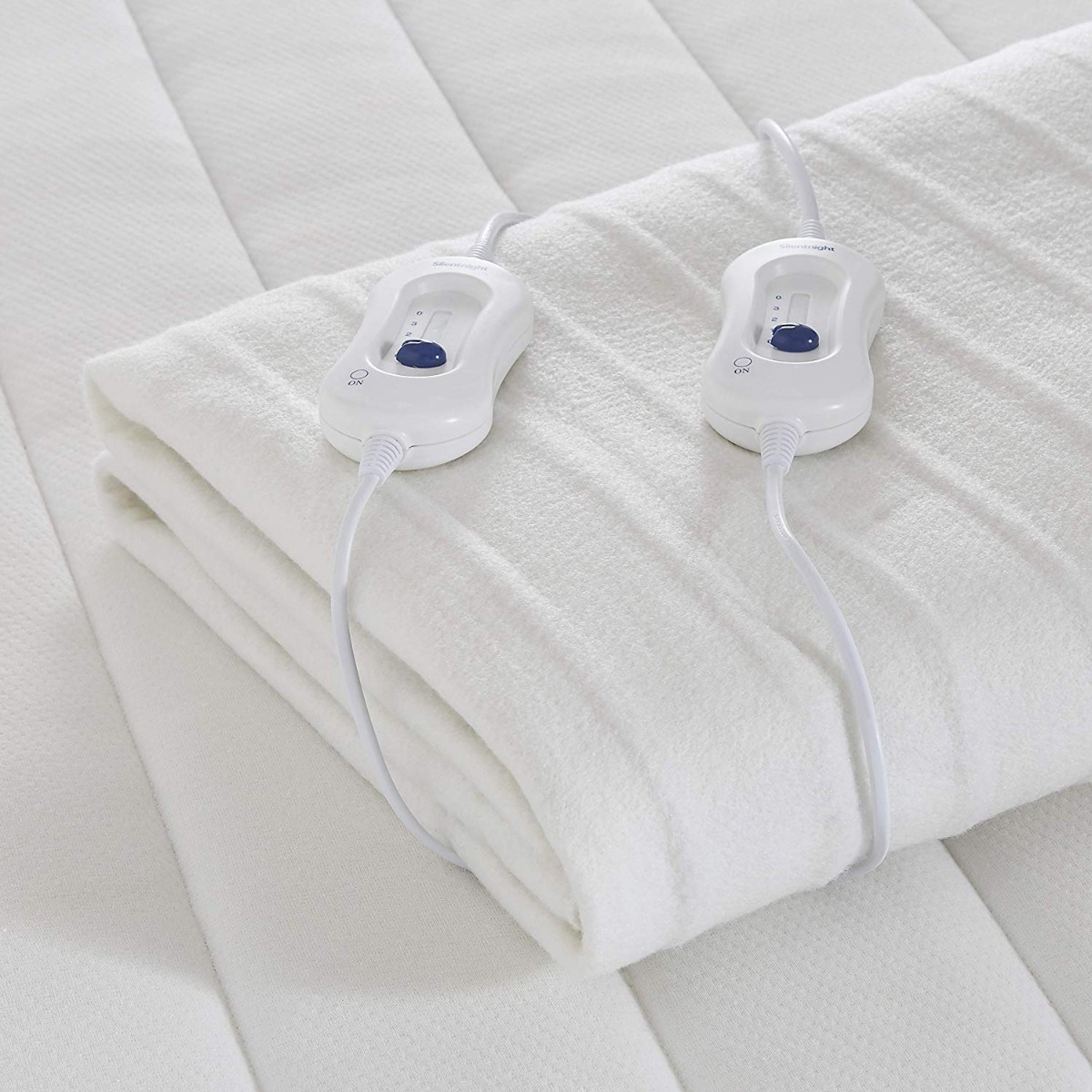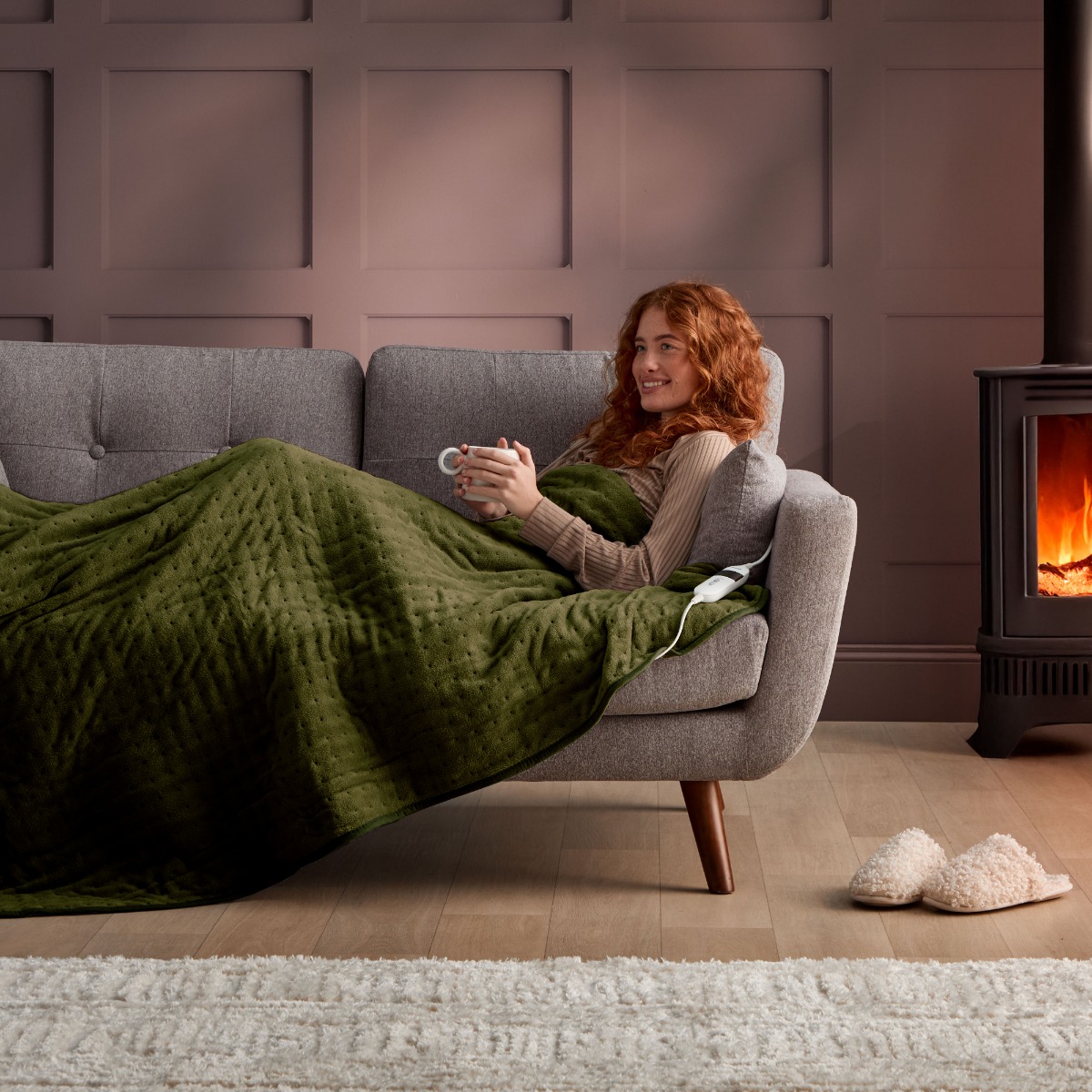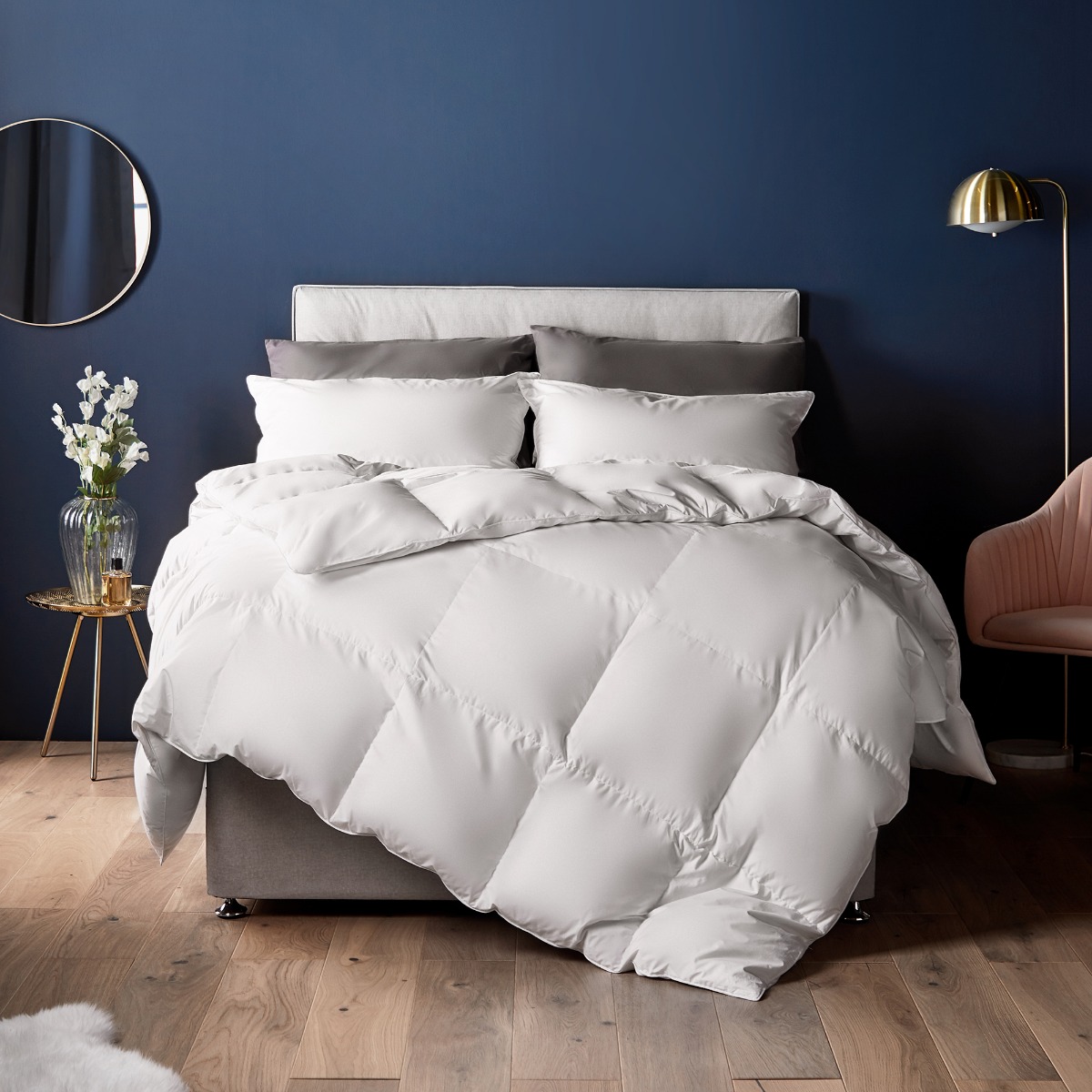fact or fiction? 10 sleep myths debunked

We all know how unpredictable sleep can be. One night you’re asleep as soon as your head hits the pillow; the next, you’re lying awake, staring at the ceiling in frustration. And sometimes, you remember every detail of your dreams but other times, they slip away as soon as you open your eyes.
There’s more to sleep than these little quirks though, and many well-known myths can lead you down the wrong path. Here, we’ll dive into some of the biggest sleep myths and uncover the real facts, helping you understand what really matters when it comes to a good night’s rest.
MYTH: napping during the day disrupts your sleep at night
FACT: a short afternoon nap can enhance alertness and mood
Napping often gets a bad reputation as something that ruins your ability to sleep at night. But the truth is, a short nap can actually work wonders for your brain and body. Research shows that brief naps, lasting between 15 and 20 minutes, can give your mind a boost, helping you stay sharp while improving your mood.
Just make sure to keep naps short; a quick power nap in the afternoon can refresh you without interfering with your ability to drift off at night.
Learn more: How to nap the right way
MYTH: everyone needs eight hours of sleep
FACT: sleep needs vary depending on age, lifestyle and health
The old rule of "eight hours for everyone" isn't quite as universal as it sounds. Your sleep needs change based on your age, lifestyle and overall health. While most adults need about 7 to 9 hours, children, teenagers and babies need far more sleep as they grow.
Women also sometimes need more rest due to hormonal cycles, and their increased odds of experiencing sleep challenges like insomnia. It's all about finding the sleep rhythm that works best for you.
Learn more: How much sleep do babies and children need?
MYTH: snoring is annoying but harmless
FACT: chronic snoring can signal underlying health issues
Snoring is often shrugged off as a harmless irritation, but it can actually point to something more serious like sleep apnoea. If one’s snoring is frequent, loud, or accompanied by gasping or choking during the night, it’s time to pay attention.
Conditions like sleep apnoea can disrupt your sleep and lead to daytime fatigue, high blood pressure, and other health concerns. If snoring continues to affect your sleep, it’s important to contact your GP.
Learn more: How to stop snoring
MYTH: you should never wake up a sleepwalker
FACT: gently waking or guiding a sleepwalker back to bed is safe
Sleepwalking is most common in children, with up to 1 in 5 sleepwalking at least once. Adults can also experience sleepwalking, although it only affects 1-2.5% of the population. With this, we’ve probably all heard of the myth that waking a sleepwalker can cause harm to you or confusion to them.
In reality, waking them isn’t dangerous – but it can be unnecessary. Sleepwalkers are usually in a deep sleep state, so gently guiding them back to bed is the safest approach to take. If sleepwalking episodes are frequent or pose risks, it’s worth consulting a healthcare professional for further support.
Learn more: The truth about sleepwalking
MYTH: what you eat and drink before bed has little impact on sleep quality
FACT: foods and drinks can disrupt sleep patterns and quality
What you consume before bedtime can significantly affect how well you sleep. For instance, alcohol might make you feel drowsy, but it is very likely to disrupt your sleep cycle, especially REM sleep. Caffeine, found in coffee, tea, and chocolate, is another culprit – keeping you awake far longer than you realise. A light snack before bed can help, but avoid heavy meals, caffeine and alcohol if you want to ensure a restful night.
While cheese isn’t inherently harmful, eating heavy foods can lead to increased time in REM sleep, where vivid dreaming occurs, which might explain the old myth that cheese causes nightmares.
Learn more: Caffeine and sleep: the true effects
MYTH: you can make up for lost sleep by sleeping in or napping
FACT: consistent sleep is more beneficial than trying to “catch up”
Trying to "catch up" on sleep by sleeping in or napping on weekends doesn’t quite work as hoped. Research on sleep debt – the accumulated difference between how much sleep your body needs and how much you actually get – suggests that while it’s possible to recover from short-term sleep loss, true recovery requires consistent, high-quality rest.
Inconsistent sleep patterns can interfere with your internal clock and leave you feeling groggy. A regular sleep schedule, even on weekends, helps your body know when to wind down and wake up, making it easier to get high-quality rest every night.
Learn more: How many hours of sleep do you really need?
MYTH: insomnia is a biological condition
FACT: insomnia often has multiple causes, including stress and lifestyle
Many people think insomnia is purely biological, but it often stems from a mix of factors like stress, anxiety, health and lifestyle habits. Although research suggests some individuals may be genetically predisposed to insomnia, other factors often play a significant role.
Factors like poor sleep environments, caffeine or irregular work hours can all contribute to insomnia. It’s not just about biology – it’s about the way your daily habits impact your rest. Understanding the triggers of insomnia is the first step toward managing it.
Learn more: Tips to beat insomnia
MYTH: where you sleep doesn’t affect sleep quality
FACT: a cool, dark room can significantly improve your ability to fall and stay asleep
Your sleep environment is crucial to quality rest. A cool, dark room is ideal for sleep, as light and excessive warmth can disrupt your body’s natural sleep rhythms. Even small adjustments, like using blackout curtains or sleeping at a comfortable temperature (16-20°C), can make a big difference.
Your bed also matters – if your mattress is worn out, it’s time for an upgrade to support a deeper, more restorative sleep. By adjusting your sleep environment with these simple changes, you can significantly improve your sleep quality and overall health.
Learn more: 10 tips for your best ever night’s sleep
MYTH: sleeping in on weekends is good for you
FACT: a consistent sleep schedule is better for maintaining good sleep quality and overall help
While sleeping in on weekends might seem like a good way to recover from a busy week, it’s not the best way to support your health. A consistent sleep schedule helps keep your internal clock in sync, making it easier to fall asleep and wake up refreshed each day.
Irregular sleep habits can lead to social jetlag, making it harder for your body to adjust. Social jetlag occurs when there is a mismatch between your biological clock and social obligations, which can disrupt your metabolism and mood. Try to keep a regular sleep routine for better long-term health.
Learn more: Are lie-ins bad for your health?
MYTH: the amount of sleep is what matters, not the quality
FACT: deep, restorative sleep is essential for feeling rested
When it comes to sleep, many people focus on clocking in a set number of hours each night. But it’s not just about how long you sleep: it’s about the quality of that sleep. Restorative sleep – characterised by consistent, healthy sleep patterns – is what helps your body heal, supports memory and boosts overall health.
A full night of poor-quality sleep won’t leave you feeling refreshed, no matter how many hours you’ve spent in bed. Aim for deep, uninterrupted sleep, and your body will thank you in the morning.
Learn more: The power of deep sleep
Sleep is a fascinating part of life and knowing what’s myth and what’s fact can make a real difference in how well you rest. By making small changes – sticking to a routine, creating a sleep-friendly space and understanding your own needs – you’ll be on your way to deeper, sweeter sleep.
sources and further reading
Why Power Naps Might be Good for Our Health, BBC (2024)
Is It Dangerous to Wake a Sleepwalker, BBC (2012)
Sleep Debt: The Hidden Cost of Insufficient Rest, Sleep Foundation (2024)
Sleep Environment, The Sleep Charity (2021)
Setting a Regular Sleep Schedule, National Sleep Foundation (2023)


























